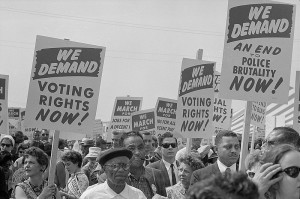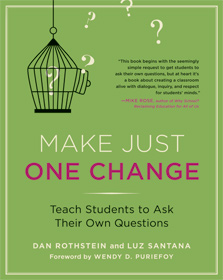Black history month is a great opportunity to celebrate the many accomplishments of Black Americans. It is also important to closely examine these accomplishments and their surrounding context.
Black citizens’ voter registration rates were extremely low before the Voting Rights Act of 1965. Many southern states, including Mississippi, had procedures in place which institutionally oppressed Black individuals and their right to vote. In fact, “only 6.7% of black Mississippians were registered to vote in 1962” (Ohrenschall, 2012). Literacy tests were used as a means for discriminating against Black Americans and preventing them from voting in the state of Mississippi (amongst other states). “In McComb, for example, the ‘literacy test’ consists in part of the Registrar choosing one of the 285 sections of the Mississippi constitution and asking the applicant to read it aloud and interpret it to his satisfaction” (Hartford, n.d.). This discrimination coincided with physical violence against Black families, bombings of schools and churches, and police force used against protestors.

March on Washington, 1963
Thanks in large-part to the activism of individuals and organizations such as Student Nonviolent Coordinating Committee (SNCC) and the progress made from campaigns such as Freedom Summer 1964, the Voting Rights Act of 1965 came to fruition.
If you are interested in teaching your students about the issue of voting rights in the 1960s, we encourage you to check out this lesson plan from Teaching for Change. It incorporates the Question Formulation Technique (Question Focus: People in Mississippi have risked everything for the right to vote) as a part of the lesson. We also urge you to look at some of the questions students from Ms. Malone’s class generated. One student asked, “What did people risk trying to get voting rights?”
The Question Formulation Technique may be used as a way for students to engage with topics related to Black History Month. Teaching for Change also provides additional resources which can be used to design lessons and to teach students about Black and African American history.
This blog was made possible through the support of a grant from the Sir John Templeton Foundation. The opinions expressed in this publication are those of the author(s) and do not necessarily reflect the views of the John Templeton Foundation.




Speak Your Mind